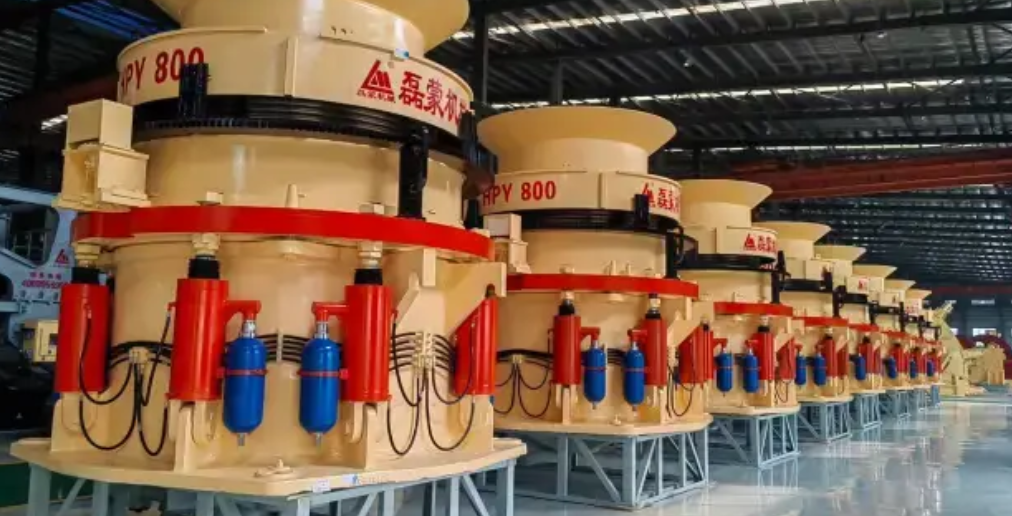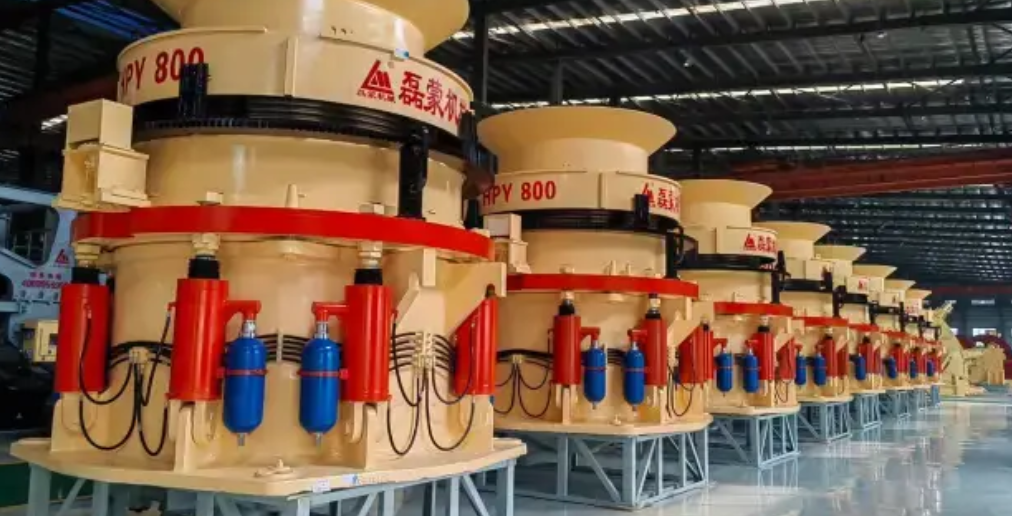Currency


Concrete is the backbone of modern infrastructure, and its quality directly determines the durability, safety, and performance of buildings, bridges, highways, and countless other structures. A critical component of concrete is aggregate—the sand, gravel, or crushed stone that makes up 60–75% of its volume. The process of preparing aggregates, especially aggregate crushing for concrete production, plays a decisive role in defining concrete’s strength, workability, and long-term sustainability.
In this comprehensive blog, we will explore the science and engineering behind aggregate crushing for concrete production, the machinery involved, industry best practices, and how leading companies like Leimeng provide high-quality solutions to global buyers.
Concrete is not just cement and water. Aggregates provide the skeleton of concrete and contribute to its stability and strength. Without properly processed aggregates, concrete would be prone to cracks, reduced durability, and structural failure.
Key roles of aggregates:
Strength & Durability: Crushed stone and gravel enhance compressive strength.
Volume Filler: Reduces shrinkage and cost of cement usage.
Workability: Well-graded aggregates improve mix consistency.
Resistance: Properly sized aggregates resist wear, freeze-thaw, and chemical attack.
Therefore, aggregate crushing for concrete production ensures that raw materials are transformed into uniform, high-quality particles suitable for construction-grade concrete.
The production of aggregates involves several mechanical steps designed to break down raw rock into usable materials.
Natural stone is mined from quarries, mountains, or riverbeds.
Large rocks are fed into primary crushers such as jaw crushers or gyratory crushers. This stage reduces boulders to manageable sizes.
Cone crushers, impact crushers, or hammer mills further refine aggregates into specific gradations.
Vibrating screens separate aggregates by size, ensuring consistency.
Removes dust, clay, and impurities to meet concrete specifications.
Aggregates are stored and delivered to ready-mix plants or construction sites.
Every stage of aggregate crushing for concrete production impacts the quality of the final mix, underscoring the importance of reliable crushing equipment.

Modern crushing plants use a combination of machines to ensure efficiency and precision. Common equipment includes:
Jaw Crushers: Ideal for primary crushing of hard rocks.
Cone Crushers: Efficient for secondary and tertiary crushing.
Impact Crushers: Produce cubical-shaped aggregates, excellent for concrete.
Vertical Shaft Impact (VSI) Crushers: Used for producing high-quality sand.
Vibrating Screens: Classify and separate aggregates into required sizes.
Mobile Crushing Plants: Provide on-site flexibility and reduced logistics costs.
Brands like Leimeng manufacture a full range of these machines, ensuring reliable solutions for global buyers engaged in aggregate crushing for concrete production.
High-quality aggregate processing results in:
Improved Concrete Strength: Uniform particle size ensures better bonding.
Cost Efficiency: Optimized crushing reduces cement consumption.
Durability: Resistance to wear, freeze-thaw cycles, and chemical exposure.
Eco-Friendly Solutions: Manufactured sand reduces dependence on river sand, protecting ecosystems.
Consistency: Reliable aggregates mean predictable concrete performance.
International construction projects rely heavily on dependable suppliers. Exporters ensure timely delivery of equipment and materials, while manufacturers innovate to improve product performance.
Key factors when choosing a partner:
Proven track record in crushing equipment.
Compliance with ISO and CE certifications.
Ability to customize machinery for specific projects.
Strong after-sales support and technical training.
Here, Leimeng stands out as a trusted partner for companies seeking excellence in aggregate crushing for concrete production.
As a leading manufacturer of crushing and screening equipment, Leimeng has built a global reputation for innovation, reliability, and service.
State-of-the-Art Facilities: Advanced R&D ensures superior equipment design.
Wide Product Range: From jaw crushers to complete mobile plants.
Customization: Tailored solutions for quarry owners and contractors.
Global Service Network: Efficient support across Asia, Africa, Europe, and the Americas.
Sustainability Focus: Emphasis on energy-efficient and eco-friendly machinery.
Whether for small contractors or multinational infrastructure projects, Leimeng provides the technology needed to achieve optimal results in aggregate crushing for concrete production.
The global demand for aggregates is rising rapidly due to urbanization, infrastructure investments, and sustainable construction practices.
Manufactured Sand (M-Sand): Growing adoption due to river sand bans.
Automation: AI-powered crushers for higher efficiency.
Sustainability: Focus on recycling concrete waste into usable aggregates.
Mobile Crushing Units: On-site solutions reducing logistics costs.
Exporters and brands like Leimeng are expected to lead this transformation by offering advanced, eco-friendly equipment for aggregate production.
In Southeast Asia, Leimeng supplied a complete crushing and screening plant for a major highway project. The system delivered high-quality aggregates with excellent particle shape, reducing concrete costs by 15%.
In Africa, Leimeng’s mobile crushers provided on-site solutions for dam construction, cutting transportation time and improving productivity.
These examples highlight the brand’s ability to adapt to diverse markets and project requirements.
For maximum efficiency, industries should follow these practices:
Conduct regular equipment maintenance.
Use advanced screening systems for consistent quality.
Train operators in modern crushing techniques.
Monitor moisture content and cleanliness of aggregates.
Implement eco-friendly practices like water recycling in washing plants.
With proper management and trusted equipment from Leimeng, companies can optimize their aggregate crushing for concrete production processes.
The quality of aggregates determines the strength and longevity of concrete structures. Efficient aggregate crushing for concrete production ensures that industries receive high-quality, durable, and eco-friendly materials for infrastructure growth.
Among global players, Leimeng stands out as a brand synonymous with reliability, innovation, and customer satisfaction. With advanced machinery, a global service network, and a commitment to sustainability, Leimeng continues to empower construction companies worldwide.
For businesses aiming to enhance concrete quality and achieve competitive advantages, partnering with experts like Leimeng in aggregate crushing is a proven pathway to success.
Email format error
Email cannot be empty
Email already exists
6-20 characters(letters plus numbers only)
The password is inconsistent
Email format error
Email cannot be empty
Email does not exist
6-20 characters(letters plus numbers only)
The password is inconsistent